Home>Gardening & Outdoor>Outdoor Recreation & Activities>What Is Free Chlorine In A Swimming Pool
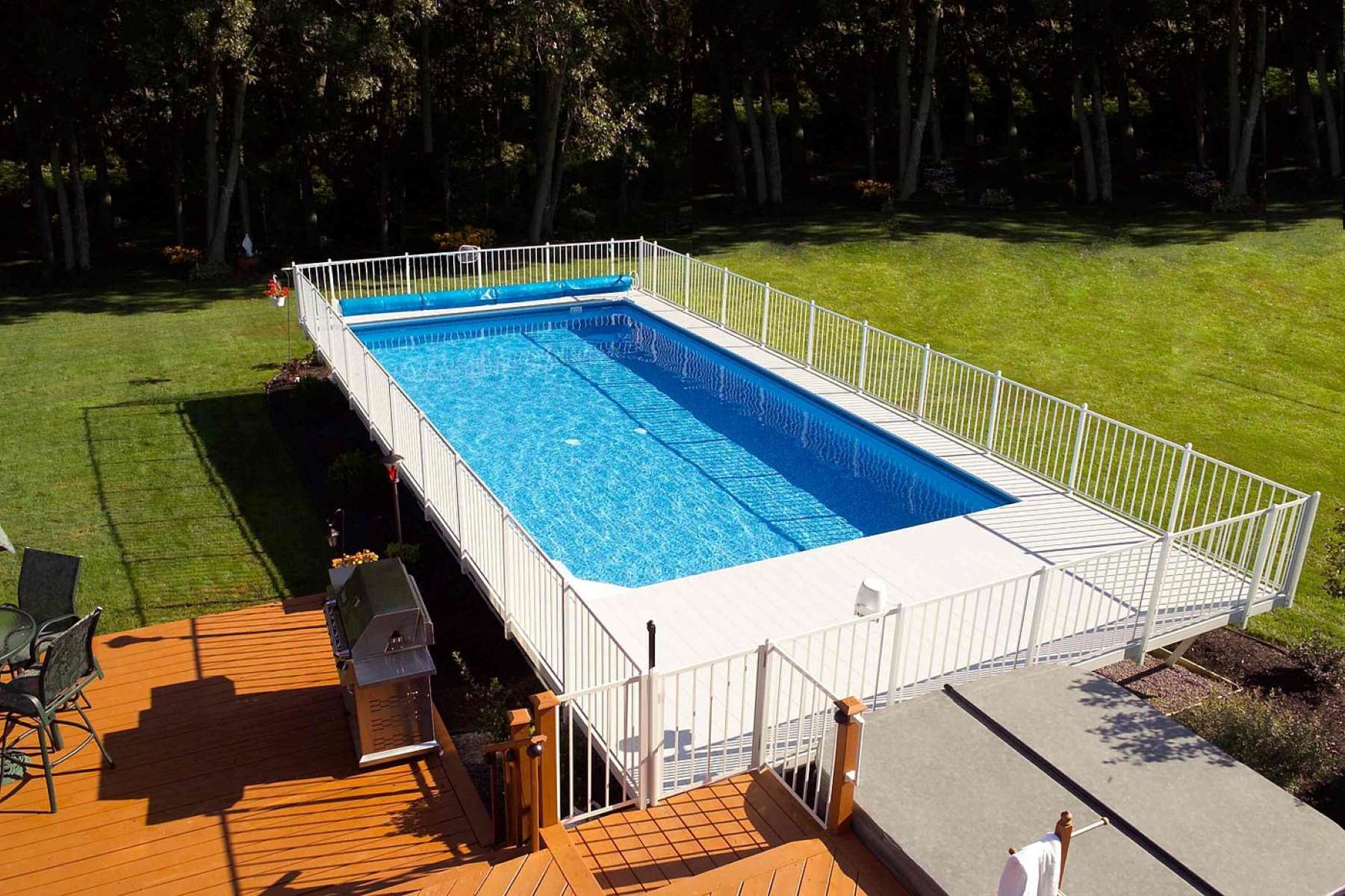

Outdoor Recreation & Activities
What Is Free Chlorine In A Swimming Pool
Published: February 18, 2024
Learn about the importance of free chlorine in maintaining a clean and safe swimming pool. Discover how to test and maintain free chlorine levels for optimal outdoor recreation and activities.
(Many of the links in this article redirect to a specific reviewed product. Your purchase of these products through affiliate links helps to generate commission for Storables.com, at no extra cost. Learn more)
Introduction
When it comes to maintaining a clean and safe swimming pool, understanding the role of free chlorine is paramount. Free chlorine plays a crucial role in keeping swimming pools free from harmful bacteria and contaminants, ensuring a healthy and enjoyable swimming experience for all. In this article, we will delve into the significance of free chlorine in a swimming pool, how to test its levels, and the best practices for maintaining optimal free chlorine levels.
Swimming pools are a hub of recreational activity, offering a refreshing escape from the summer heat and a place for leisure and exercise. However, without proper maintenance, swimming pools can become breeding grounds for bacteria and algae, posing health risks to swimmers. This is where free chlorine comes into play as a powerful ally in pool sanitation.
Understanding the concept of free chlorine and its role in pool maintenance is essential for pool owners and operators. By comprehending the significance of free chlorine and how to effectively manage its levels, individuals can ensure that their swimming pools remain clean, safe, and inviting for all who wish to take a dip.
In the following sections, we will explore the definition of free chlorine, its importance in pool water sanitation, methods for testing free chlorine levels, and best practices for maintaining optimal free chlorine levels. By the end of this article, readers will have a comprehensive understanding of free chlorine and its vital role in preserving the cleanliness and safety of swimming pools.
Key Takeaways:
- Free chlorine is essential for keeping swimming pools clean and safe by fighting harmful bacteria and maintaining water clarity. Regular testing and proper maintenance are crucial for a healthy swimming environment.
- Pool owners must monitor and adjust free chlorine levels to combat contaminants, address high bather loads, and consider seasonal changes. By doing so, they can ensure a pristine and enjoyable swimming experience for all.
Read more: What Ppm Chlorine In Swimming Pool Water
What Is Free Chlorine?
Free chlorine refers to the form of chlorine that is actively available in a swimming pool to sanitize the water. When chlorine is added to pool water, it undergoes a chemical reaction, resulting in the formation of hypochlorous acid and hypochlorite ions. These compounds collectively constitute free chlorine and are responsible for disinfecting the pool by eliminating harmful bacteria, algae, and other contaminants.
The presence of free chlorine in pool water is essential for maintaining a healthy and hygienic swimming environment. It acts as a powerful oxidizing agent, effectively destroying organic matter and preventing the spread of waterborne illnesses. Free chlorine works by breaking down and neutralizing bacteria and other impurities, thereby ensuring that the pool water remains safe and sanitary for swimmers.
It's important to note that free chlorine exists in contrast to combined chlorine, which is the residual chlorine that has already reacted with contaminants in the water. While combined chlorine is less effective at sanitizing the pool and can contribute to unpleasant odors and skin irritation, free chlorine remains in its active state, continuously working to purify the water.
Maintaining an appropriate level of free chlorine in a swimming pool is crucial for preventing the growth of harmful microorganisms and maintaining water clarity. The ideal free chlorine concentration in a pool typically falls within a specific range, as recommended by health and safety guidelines. By regularly monitoring and adjusting free chlorine levels, pool owners can ensure that their pool water remains clean, clear, and safe for swimming.
In summary, free chlorine serves as a potent disinfectant in swimming pools, playing a pivotal role in safeguarding the health and well-being of swimmers. Its ability to neutralize contaminants and maintain water quality makes it an indispensable component of pool maintenance. Understanding the nature of free chlorine and its function in pool sanitation is fundamental for ensuring that swimming pools provide a pristine and enjoyable aquatic experience for all.
Importance of Free Chlorine in a Swimming Pool
Maintaining the appropriate level of free chlorine in a swimming pool is of paramount importance for several reasons. Firstly, free chlorine serves as the primary line of defense against harmful microorganisms that can thrive in pool water. Bacteria, viruses, and algae are constantly introduced to the pool through various sources, including swimmers' bodies, airborne particles, and external contaminants. Without adequate free chlorine, these pathogens can multiply rapidly, posing significant health risks to individuals who come into contact with the water.
Furthermore, free chlorine plays a crucial role in oxidizing and breaking down organic matter present in the pool. This includes sweat, body oils, and other substances introduced by swimmers. By effectively neutralizing these contaminants, free chlorine helps prevent the formation of chloramines, which are responsible for the distinct "chlorine smell" often associated with poorly maintained pools. Additionally, chloramines can cause eye and skin irritation, making the pool experience less enjoyable for swimmers.
In addition to its disinfecting and oxidizing properties, free chlorine contributes to maintaining water clarity. By eliminating impurities and preventing the growth of algae, free chlorine helps keep the pool water transparent and visually appealing. This is essential for ensuring that swimmers can enjoy a clean and inviting aquatic environment.
Moreover, the presence of adequate free chlorine in a swimming pool is a critical factor in complying with health and safety regulations. Public and commercial pools are typically required to maintain specific free chlorine levels as mandated by local authorities and governing bodies. Adhering to these standards is essential for safeguarding the well-being of pool patrons and ensuring that the facility operates in accordance with established guidelines.
Overall, the importance of free chlorine in a swimming pool cannot be overstated. From its role in disinfection and oxidation to its contribution to water clarity and regulatory compliance, free chlorine is indispensable for maintaining a safe, hygienic, and enjoyable swimming environment. Pool owners and operators must prioritize the regular testing and maintenance of free chlorine levels to uphold the integrity of their facilities and provide a positive experience for swimmers of all ages.
How to Test Free Chlorine Levels in a Swimming Pool
Testing free chlorine levels in a swimming pool is a fundamental aspect of pool maintenance, ensuring that the water remains safe and sanitary for swimmers. There are several methods available to accurately measure free chlorine levels, providing pool owners and operators with the necessary information to adjust chemical treatments and maintain optimal water quality.
-
Test Strips: One of the most common and convenient methods for testing free chlorine levels is through the use of test strips. These strips are coated with reagents that react to the presence of free chlorine, producing color changes that correspond to the concentration of chlorine in the water. To perform the test, a test strip is dipped into the pool water for a few seconds and then compared to a color chart provided by the manufacturer. This simple and cost-effective method offers quick results and is suitable for routine testing.
-
Liquid Test Kits: Liquid test kits, also known as titration kits, provide a more precise measurement of free chlorine levels. These kits typically include reagents that are added to a water sample, causing a color change based on the chlorine concentration. By carefully following the instructions and observing the color changes, pool owners can determine the exact free chlorine level in the pool water. While liquid test kits require a bit more time and attention compared to test strips, they offer greater accuracy, making them suitable for regular testing and troubleshooting.
-
Digital Testers: For those seeking advanced and highly accurate free chlorine measurements, digital testers or electronic photometers are an excellent option. These devices utilize digital technology to analyze water samples and provide precise readings of free chlorine levels. Digital testers are user-friendly and deliver reliable results, making them ideal for professional pool maintenance and comprehensive water analysis.
Regardless of the testing method chosen, it is essential to follow the manufacturer's instructions meticulously and calibrate the testing equipment as recommended. Regular testing of free chlorine levels is crucial for identifying any fluctuations or deficiencies in chlorine concentration, allowing prompt adjustments to be made to maintain the desired levels.
By employing the appropriate testing method and conducting regular assessments of free chlorine levels, pool owners can uphold the cleanliness and safety of their swimming pools, ensuring a pristine and inviting environment for swimmers to enjoy.
Maintaining Free Chlorine Levels in a Swimming Pool
Maintaining optimal free chlorine levels in a swimming pool is essential for preserving water quality and ensuring a safe and hygienic environment for swimmers. Once the free chlorine levels have been tested and determined, it is crucial to implement effective strategies to sustain the appropriate concentration of chlorine in the pool water.
Read more: Why Is Chlorine Added To Swimming Pool Water
Regular Monitoring
Consistent monitoring of free chlorine levels is the cornerstone of successful maintenance. By conducting frequent tests using reliable testing methods such as test strips, liquid test kits, or digital testers, pool owners can promptly identify any deviations from the recommended chlorine range. Regular monitoring enables proactive adjustments to be made, preventing potential issues associated with inadequate chlorine levels.
Proper Chlorine Dosage
Maintaining free chlorine levels involves adding the appropriate amount of chlorine to the pool based on the test results. This process requires a precise understanding of the pool's volume and the chlorine product being used. Whether utilizing liquid chlorine, chlorine tablets, or granular chlorine, it is crucial to follow the manufacturer's guidelines and dosage recommendations to achieve the desired free chlorine concentration.
Sunlight and Stabilization
The impact of sunlight on free chlorine levels cannot be overlooked. Prolonged exposure to sunlight can cause chlorine to degrade, reducing its effectiveness as a sanitizer. To mitigate this, stabilizers such as cyanuric acid can be added to the pool water to shield the chlorine from the degrading effects of UV rays. Maintaining appropriate stabilizer levels is crucial for preserving free chlorine and prolonging its sanitizing capabilities.
Addressing High Bather Load
Pools with high bather loads, such as those in commercial or public facilities, require vigilant chlorine management. The presence of numerous swimmers introduces organic contaminants into the water, necessitating increased chlorine dosing to counteract the heightened demand for sanitation. Regular testing and adjustment of chlorine levels during periods of high bather load are imperative to uphold water quality and ensure the safety of all pool patrons.
Seasonal Adjustments
Free chlorine levels may fluctuate with changes in environmental conditions and pool usage patterns. Factors such as temperature, rainfall, and frequency of pool use can influence chlorine demand. During warmer months or periods of elevated pool activity, it may be necessary to adjust chlorine dosing to accommodate the increased demand for sanitation. Conversely, in colder seasons or during reduced pool usage, chlorine dosages may need to be moderated to prevent over-chlorination.
By adhering to these maintenance practices and remaining vigilant in monitoring and adjusting free chlorine levels, pool owners can uphold the cleanliness, clarity, and safety of their swimming pools. Consistent maintenance of free chlorine levels is integral to providing swimmers with a pristine and enjoyable aquatic experience while safeguarding their health and well-being.
Conclusion
In conclusion, the significance of free chlorine in maintaining a clean and safe swimming pool cannot be overstated. From its role as a potent disinfectant to its contribution to water clarity and regulatory compliance, free chlorine stands as a crucial element in preserving the integrity of pool water. By understanding the nature of free chlorine and its function in pool sanitation, pool owners and operators can ensure that their facilities offer a pristine and enjoyable aquatic experience for all.
The importance of free chlorine lies in its ability to effectively neutralize harmful microorganisms, including bacteria, viruses, and algae, thereby safeguarding the health and well-being of swimmers. Without adequate free chlorine, pool water becomes susceptible to contamination, posing significant health risks to individuals who come into contact with the water. By maintaining the appropriate level of free chlorine, pool owners can create a safe and hygienic environment for swimmers to enjoy.
Furthermore, free chlorine plays a pivotal role in oxidizing and breaking down organic matter present in the pool, preventing the formation of chloramines and the associated unpleasant odors and skin irritation. Its contribution to maintaining water clarity ensures that swimmers can enjoy a visually appealing and inviting aquatic environment. Additionally, adhering to recommended free chlorine levels is essential for regulatory compliance, ensuring that public and commercial pools meet established health and safety standards.
To maintain optimal free chlorine levels, regular monitoring, proper chlorine dosage, consideration of sunlight and stabilization, addressing high bather load, and making seasonal adjustments are essential. By implementing these maintenance practices and remaining vigilant in monitoring and adjusting free chlorine levels, pool owners can uphold the cleanliness, clarity, and safety of their swimming pools.
In essence, free chlorine serves as a cornerstone of pool maintenance, working tirelessly to purify the water and create a welcoming environment for swimmers. By prioritizing the testing and maintenance of free chlorine levels, pool owners and operators can uphold the integrity of their facilities, providing a positive and enjoyable experience for swimmers of all ages.
Frequently Asked Questions about What Is Free Chlorine In A Swimming Pool
Was this page helpful?
At Storables.com, we guarantee accurate and reliable information. Our content, validated by Expert Board Contributors, is crafted following stringent Editorial Policies. We're committed to providing you with well-researched, expert-backed insights for all your informational needs.

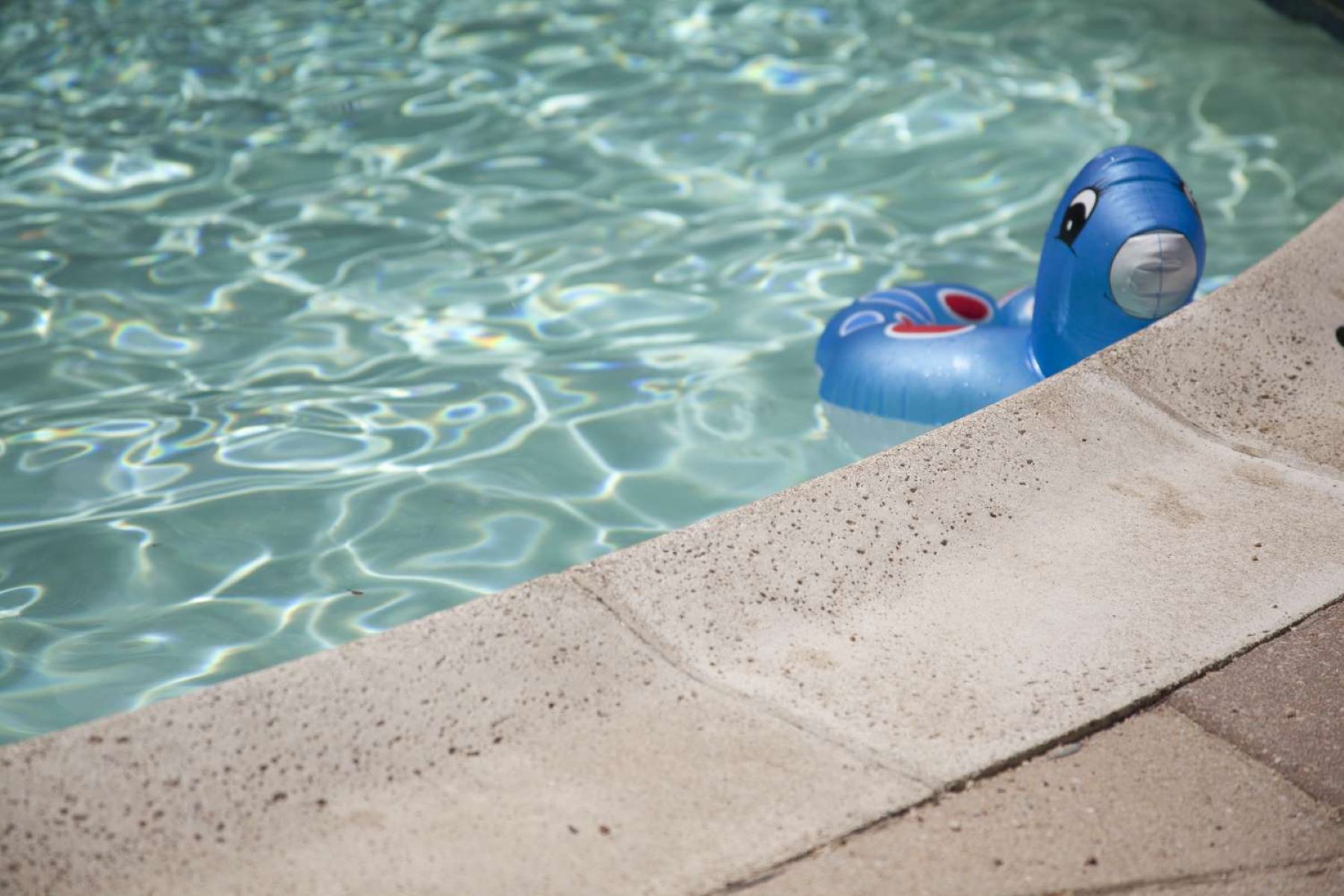

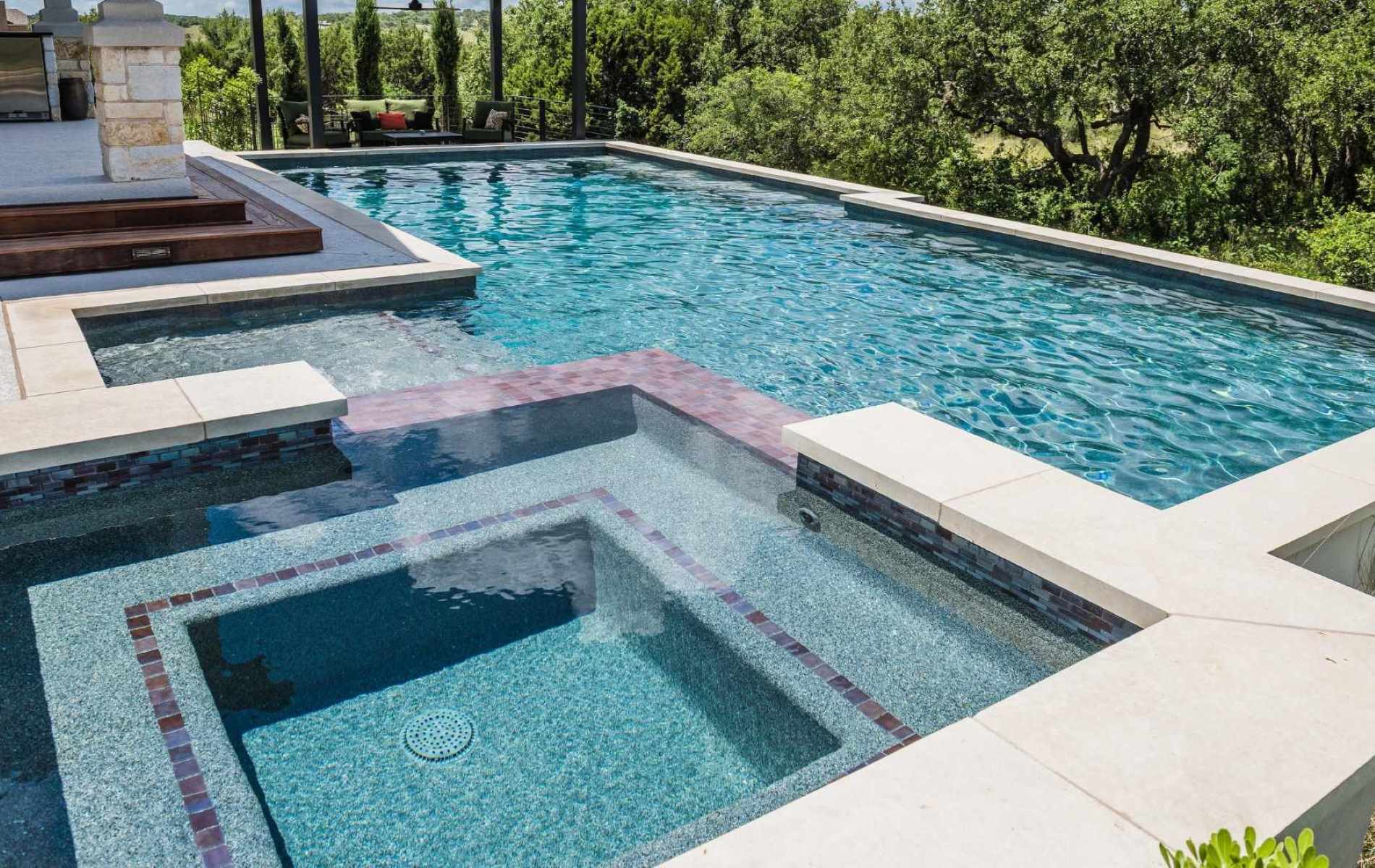
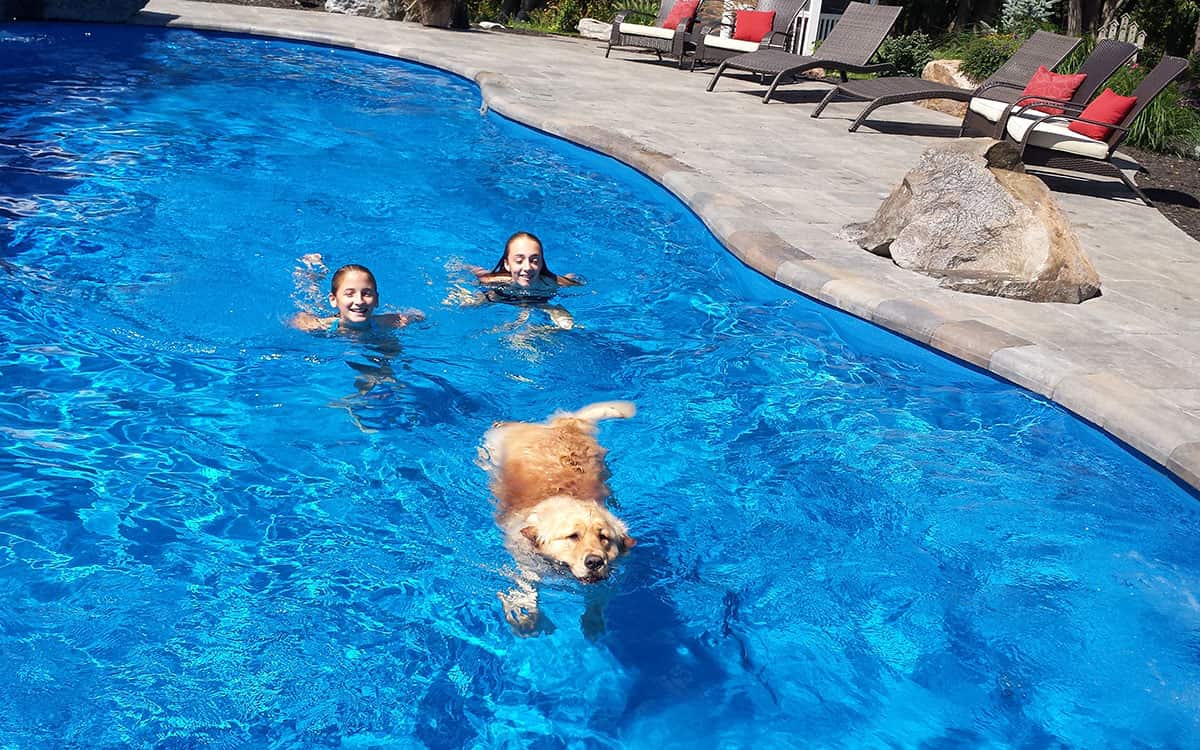
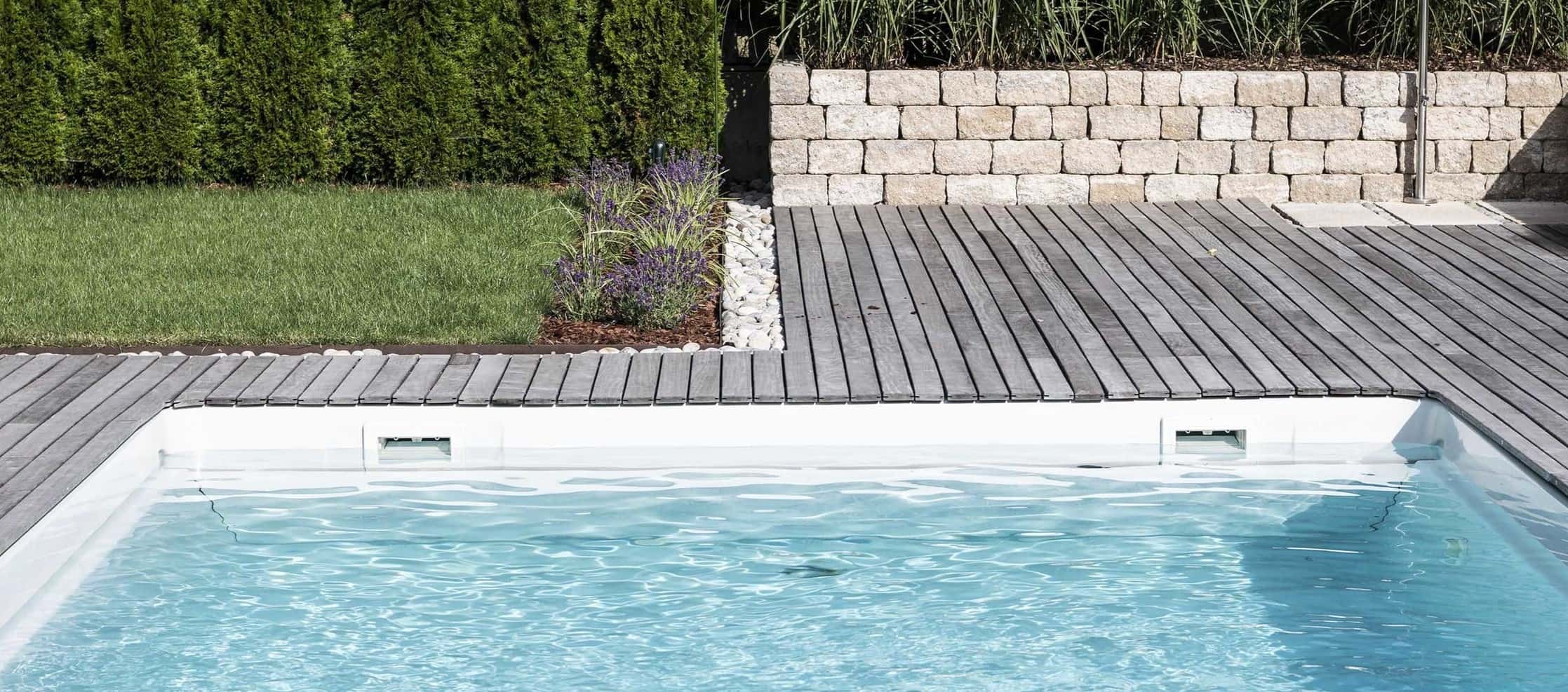

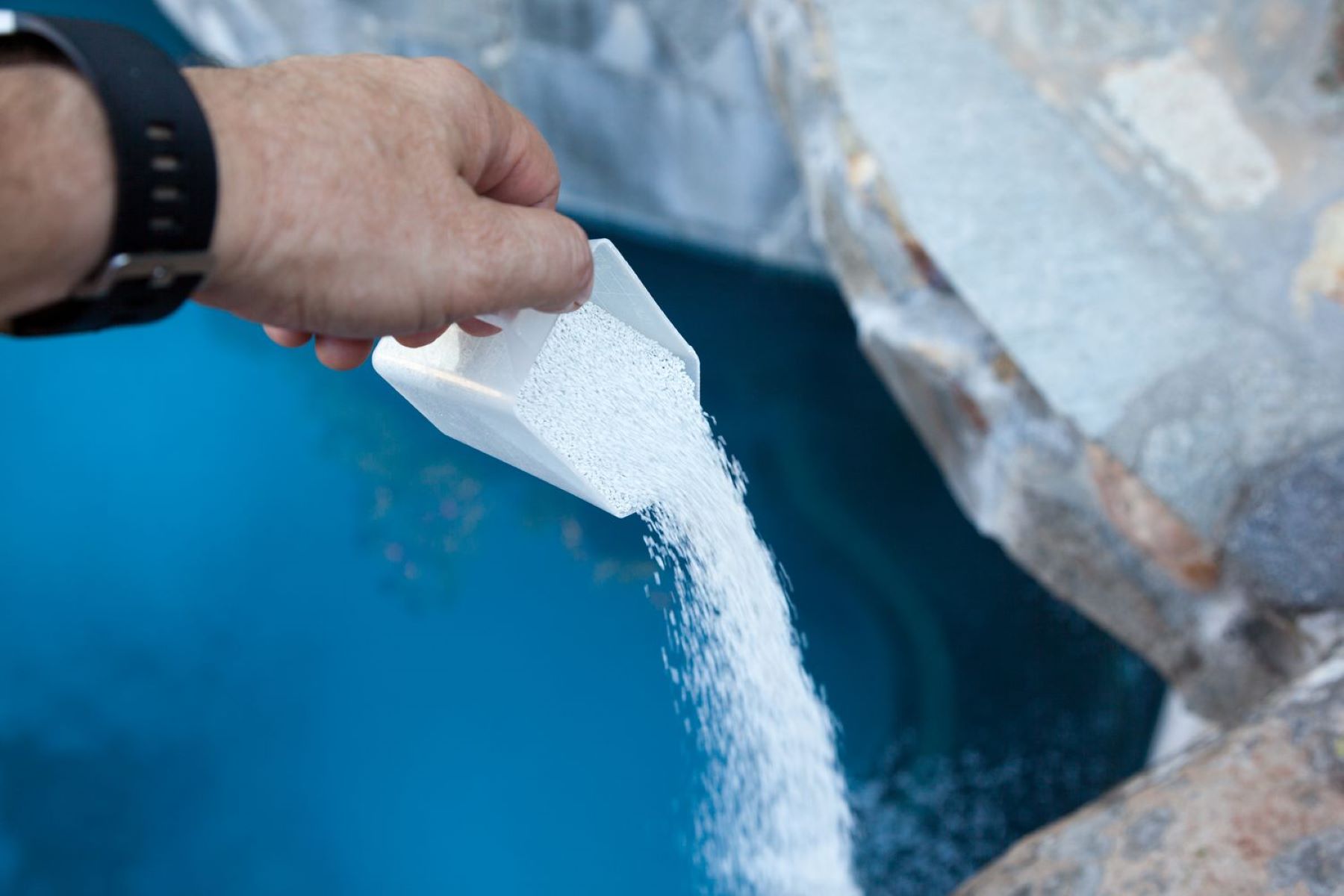
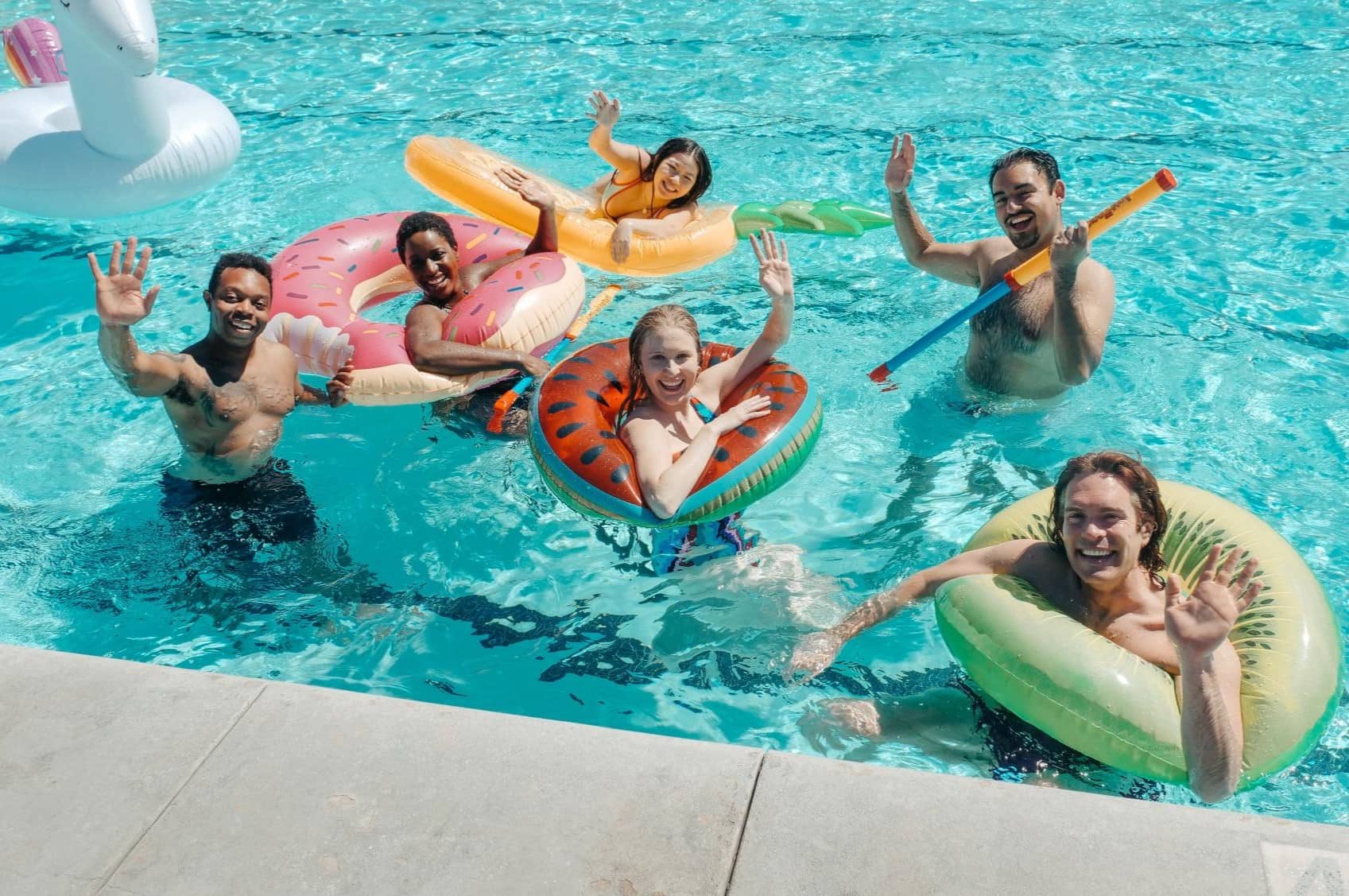
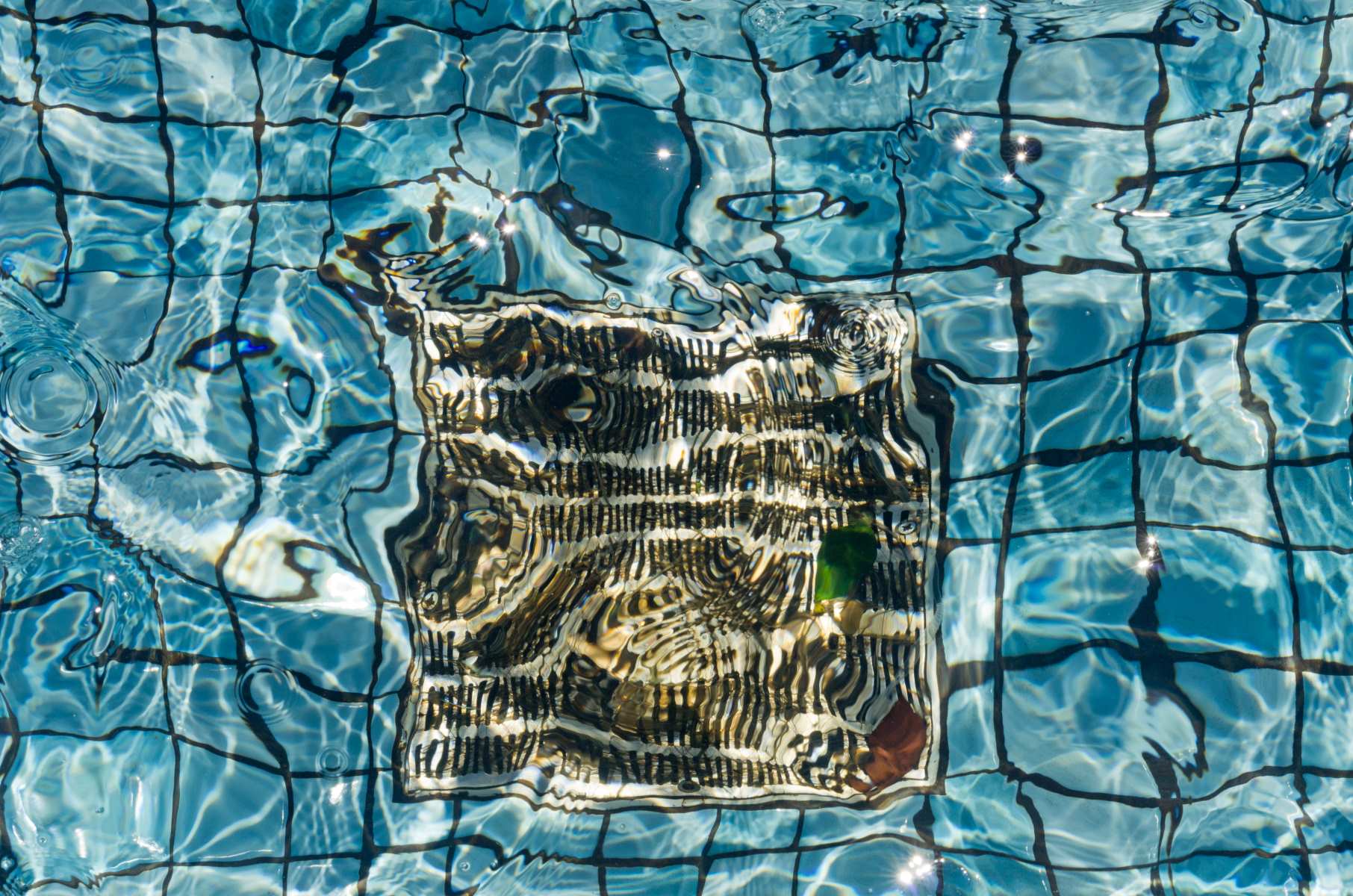
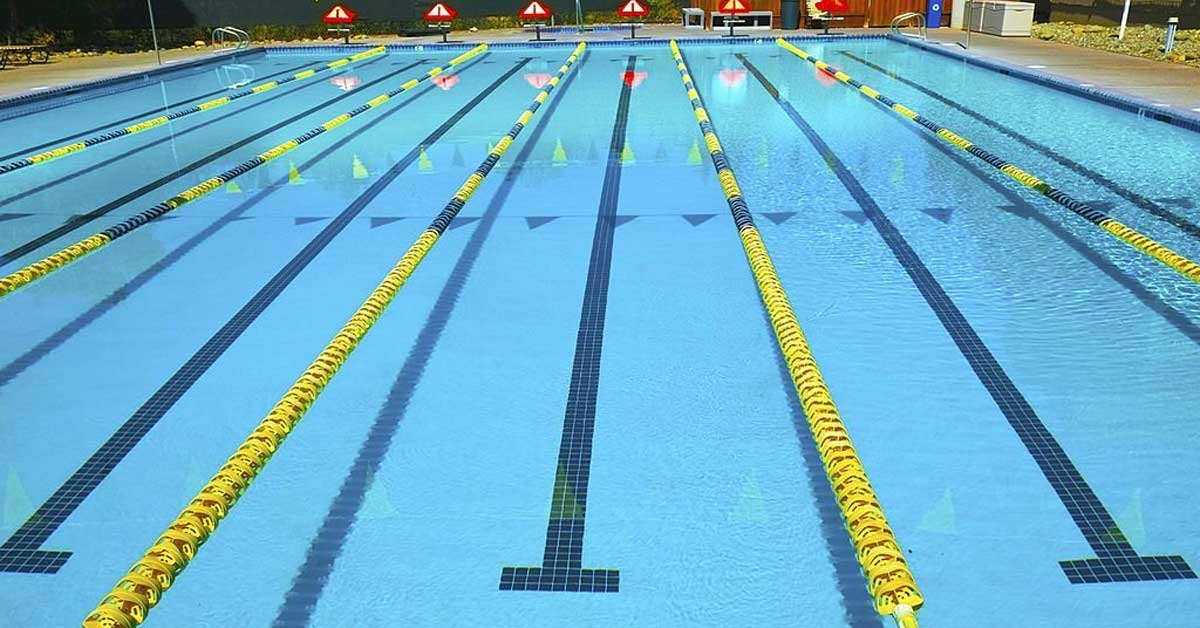
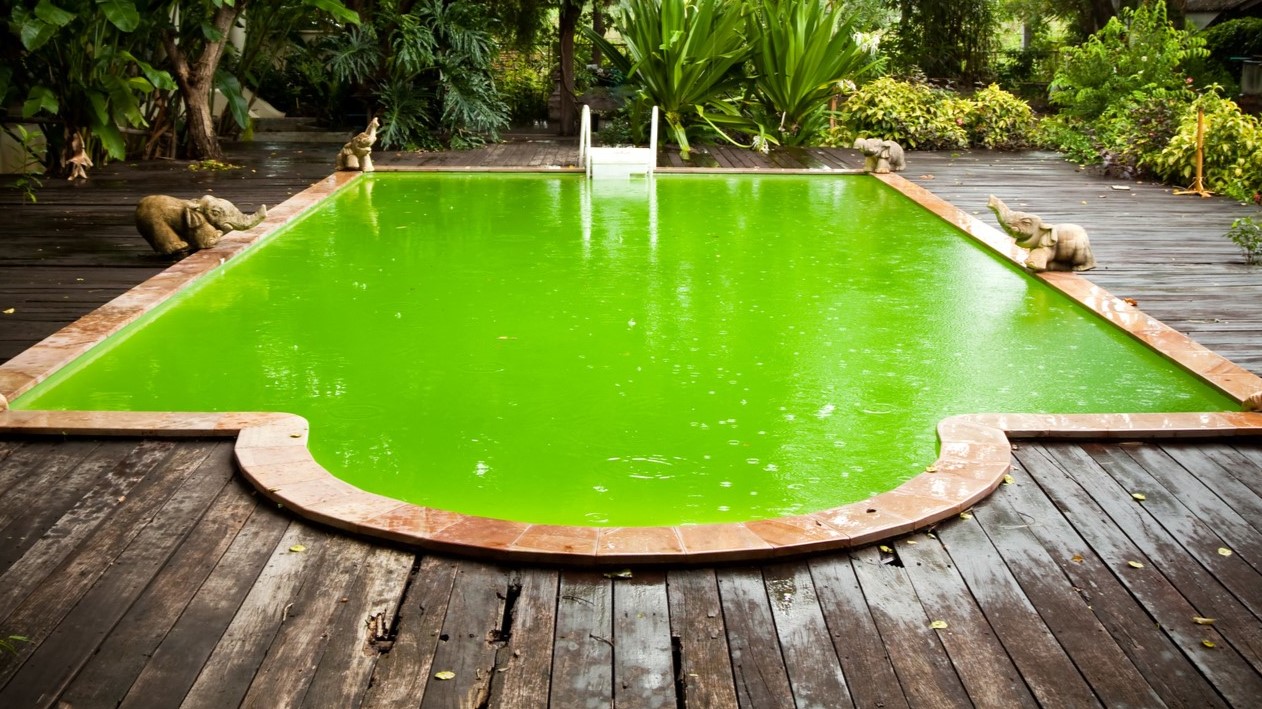
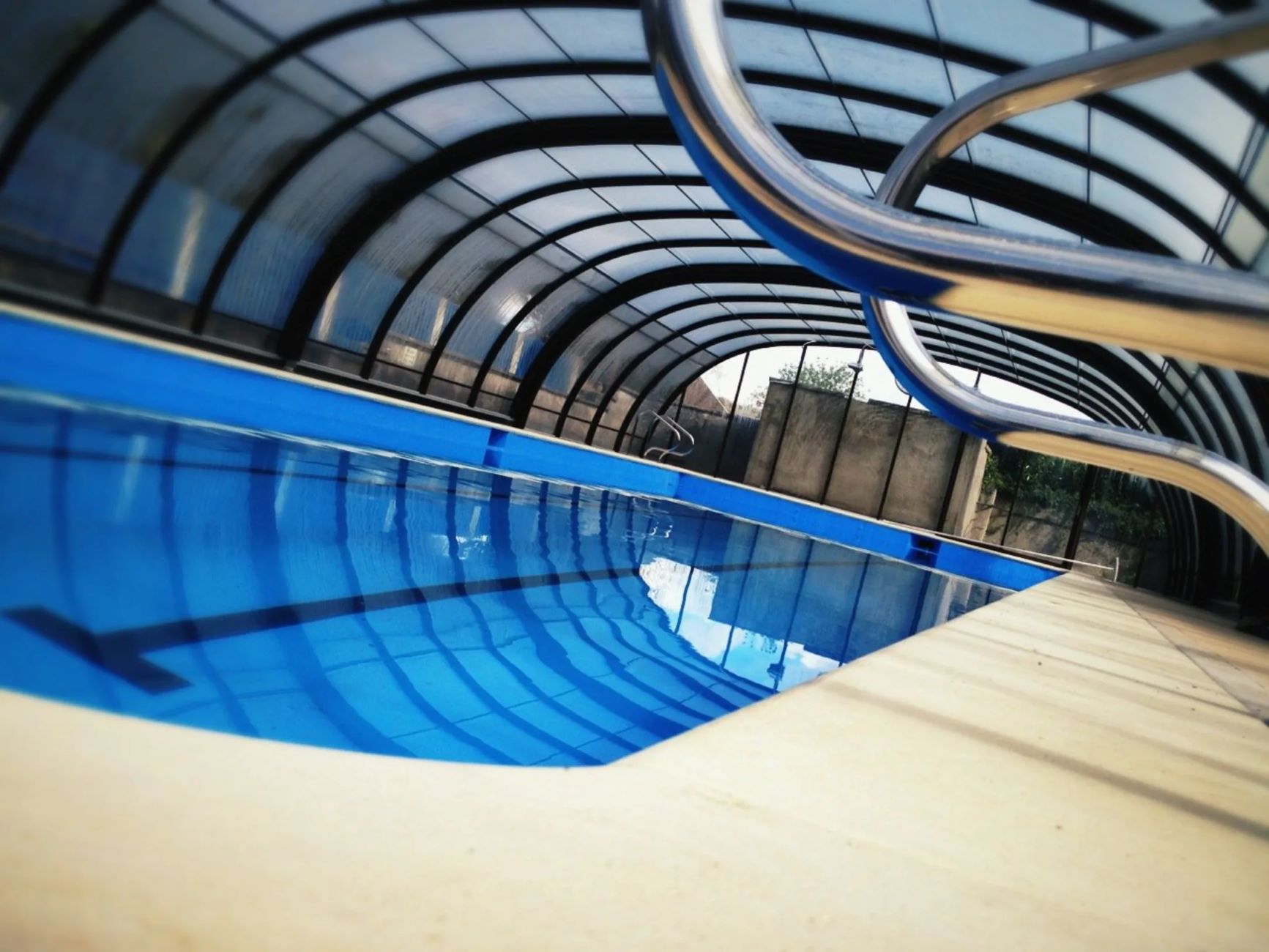

0 thoughts on “What Is Free Chlorine In A Swimming Pool”